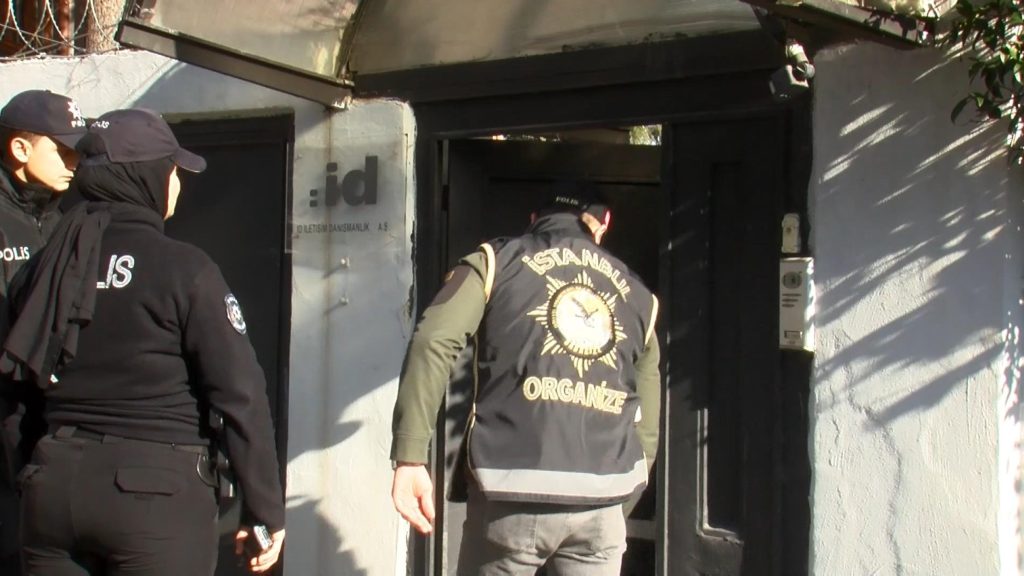A trial date has been set in July for a well-known talent manager charged with attempting to overthrow the Turkish government in an investigation connected to nationwide riots in 2013.
Ayşe Barım was arrested on Jan. 28, and eight actors were summoned to testify as witnesses in her case.
The first hearing in Barım’s case will take place on July 7, an Istanbul court said Monday.
A 171-page indictment by the Chief Public Prosecutor’s Office accuses Barım of planning and organizing the 2013 riots, now dubbed the Gezi Park riots, citing her “intensive communication” with the defendants in the Gezi Park trial.
These include Mehmet Ali Alabora, a popular actor who fled Türkiye after the Gezi Park riots were intervened by police, and businessman Osman Kavala, who was sentenced to life in prison without parole in April 2022.
The indictment includes findings on Barım’s conversations with Alabora, which show she did not hold any phone calls with the actor outside the Gezi Park riots. The agent met thrice with Alabora and 39 times with Kavala during the riots.
The idictment also says Barım, together with artists affiliated with her talent agency, systematically shared the hashtags used to incite the riots and organized her actor clients to gather at Gezi Park.
Prosecutors are holding Barım responsible for playing a role in the spread of propaganda and social media slogans, images that spurred the riots on those days. They seek up to 30 years in prison for Barım for “aiding the attempt to overthrow the government of Türkiye or to prevent it from performing its duties partially or completely by using force and violence.”
When questioned in late January, Barım denied the charges and said she had been to the area of the 2013 riots a few times individually as an observer and to accompany the people she worked with. She claimed she did not coordinate with the actors she was working with or request them to support the riots, the court document showed.
“My job as a manager is to manage the career of the actors I work with and represent them in the best possible way. These artists have their own ideas, will and decisions. I did not organize anything by directing their ideas,” Barım said.
The talent agent also claimed she met with Alabora because he was the president of the Actors Union at the time and was in close contact with the actors. She said her acquaintance with Kavala was about using a building for a movie premiere.
Gezi Park riots
On May 31, 2013, Turkish police intervened in what began as a peaceful protest against the redevelopment of the titular park adjacent to Taksim Square at the heart of Istanbul. What followed were nationwide riots that led to the torching of cars, public property and injuries in a matter of a few days.
The 2013 riots were the work of terrorist groups the PKK and the Revolutionary People’s Liberation Party-Front (DHKP-C), along with fringe factions linked to them. Portrayed as Arab Spring-style riots in the Western media, protesters garnered support even among moderate critics of the government despite their utter violence.
The fate of Gezi Park, where officials had plans to rebuild an Ottoman-era building, which was thwarted when red tape caused delays in redevelopment plans, is still in limbo. However, for rioters, the protests were a show of force for terrorist groups.


